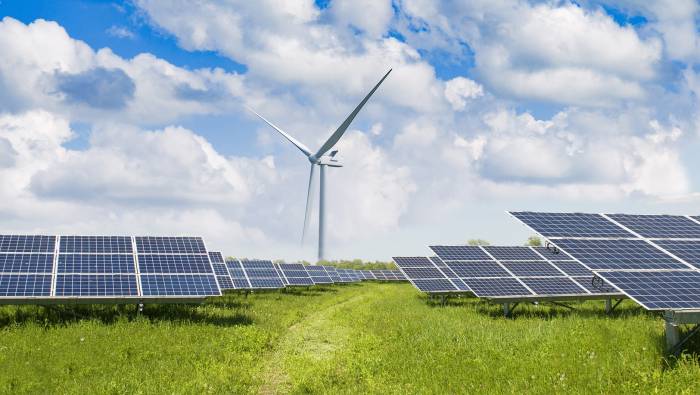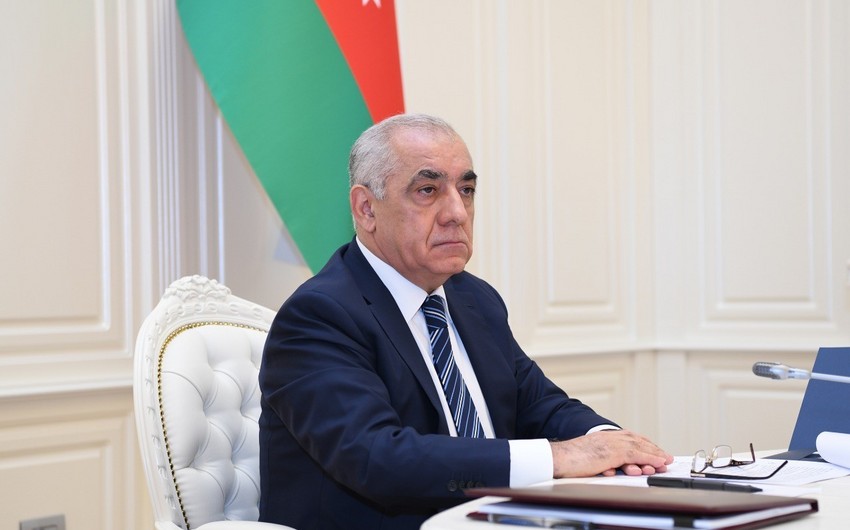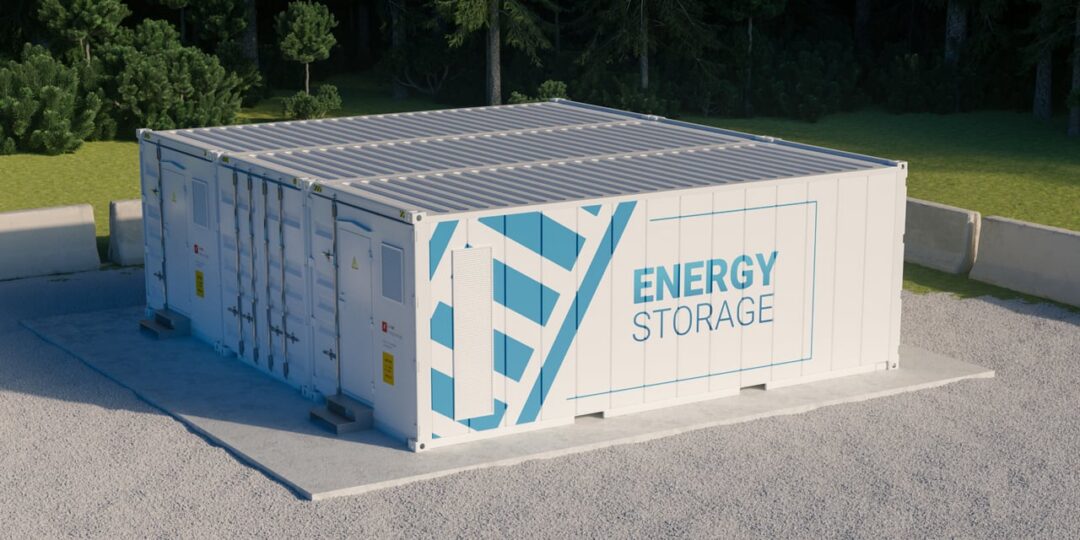Azerbaijan is increasingly focused on renewable energy sources as part of its strategic energy policy. The country actively utilizes its natural resources to create a diversified energy portfolio that includes solar, wind, hydro, and biomass energy. Solar energy holds a significant place in this transition, reflecting the country’s efforts to reduce dependence on fossil fuels and enhance environmental sustainability.

As of early 2024, the installed capacity of solar energy in Azerbaijan remains relatively modest compared to its potential. Despite advancements in solar energy, the overall installed capacity in Azerbaijan is still in its infancy compared to neighboring countries. This underscores the need for further investment and infrastructure development to fully realize the potential of solar energy.
Member of Parliament and economist Vugar Bayramov reported that solar energy production in Azerbaijan has reached record levels. “In the first half of this year, solar energy production increased ninefold, from 32.3 million kWh to 286.6 million kWh. The total electricity production in the country was 13,557.4 million kWh. During this period, wind power plants produced 29.7 million kWh, and solar plants 286.6 million kWh. Electricity production from green sources almost doubled compared to the same period last year, reaching 2,032.4 million kWh,” he noted.
The COP29 conference and efforts to increase renewable energy production contribute to creating a green energy zone in the region. “This initiative supports Azerbaijan’s global and regional goals related to climate change, environmental protection, and strengthening the green economy,” Bayramov stated.
In developed countries, communities and families produce energy from renewable sources such as wind and solar to meet their needs and sell excess energy to the state. Implementing similar practices in Azerbaijan could not only increase electricity production but also make energy more accessible to citizens. This approach could create new methods of energy generation and help reduce costs. To achieve this, integrated infrastructure development at the community level is necessary,” Bayramov added.
The Azerbaijani government actively supports the development of solar energy through various regulatory measures. The document ” Azerbaijan 2030: National Priorities for Socio-Economic Development ” emphasizes sustainable development and renewable energy, including solar energy, as key goals. This includes creating a favorable legislative framework to support investments in green energy and the development of relevant technologies.
Azerbaijan has high levels of solar radiation, especially in the central and southern regions. The average solar radiation level in the country ranges from 4.0 to 5.0 kWh/m²/day, which is favorable for solar energy generation. This makes the country suitable for large solar projects that can significantly increase the share of renewable energy in the overall energy balance.
One significant project is the ” Ganja Solar Power Plant ” with a capacity of 230 MW, one of the largest solar installations in the country. This project highlights Azerbaijan’s commitment to expanding its solar energy infrastructure and is an important step towards energy independence and environmental sustainability.
Jamil Malikov, former Deputy Chairman of the State Agency for Renewable and Alternative Energy Sources of Azerbaijan ( ABOEMDA ), mentioned in an interview with News.Az that the total capacity of all power plants in Azerbaijan is about 7,500 MW, with 90% of this capacity dependent on fuel. “The technical potential of solar energy exceeds this figure by more than three times, but the effective use of existing power plant capacities is about 40%, which is 26 billion kWh of electricity per year. In contrast, the capacity utilization factor for solar power plants can be 15-18%, meaning they can produce a total of 30-36 billion kWh of energy per year. Given that 100% of the technical potential cannot be realized, economically feasible utilization could be around 50-60%. This indicates that future increases in energy consumption will lead to the conclusion that solar energy alone will not be sufficient to meet the country’s energy needs.
Azerbaijan has significant land resources that can be used for large-scale solar projects. Regions such as Gobustan, for example, are suitable for large solar farms due to their vast open spaces. Some agricultural lands are underutilized and can be repurposed for solar panel installations, especially for agrivoltaics (an innovative field in agriculture that allows for the combination of solar energy production and farming). The future of solar energy in Azerbaijan looks promising, thanks to ongoing government support, international cooperation, and technological advancements that pave the way for significant growth in this sector.
Notably, the potential for renewable energy sources in Azerbaijan is estimated at 27,000 MW, with 23,000 MW from solar energy and 3,000 MW from wind energy. Solar energy production is possible throughout the country. For wind energy, the city of Baku and the regions of Absheron and Khizi are considered more favorable. Realizing this potential will require significant investments and technological innovations, but the prospects for renewable energy development in Azerbaijan are considerable.
Azerbaijan is not only actively developing renewable energy but also exploring the integration of innovative technologies into its energy projects. In the future, the country could become an example for other regions, demonstrating how to effectively utilize natural resources for achieving a sustainable energy future. One such example is the use of smart grids to optimize energy distribution and consumption. Implementing such technologies will not only increase the efficiency and reliability of the energy system but also significantly reduce energy losses.
Additionally, Azerbaijan is actively exploring the potential of hydrogen energy, which could become an important complement to solar and wind energy. Producing hydrogen using renewable energy sources allows for the creation of clean fuel for the transport sector and industry, contributing to reducing carbon dioxide emissions and improving the environmental situation.
It’s also important to develop energy storage systems. Investments in battery technologies and other energy storage methods will ensure a stable electricity supply even during periods of low renewable energy generation. This will be a crucial step towards creating a fully sustainable and independent energy system.
Support for scientific research and collaboration with international organizations and private companies also plays a key role. Azerbaijan is already taking steps in this direction, attracting foreign partners to share experience and technologies. Such international cooperation will help the country achieve its ambitious green energy goals more quickly and become a leader in the region in implementing innovative solutions in energy.


